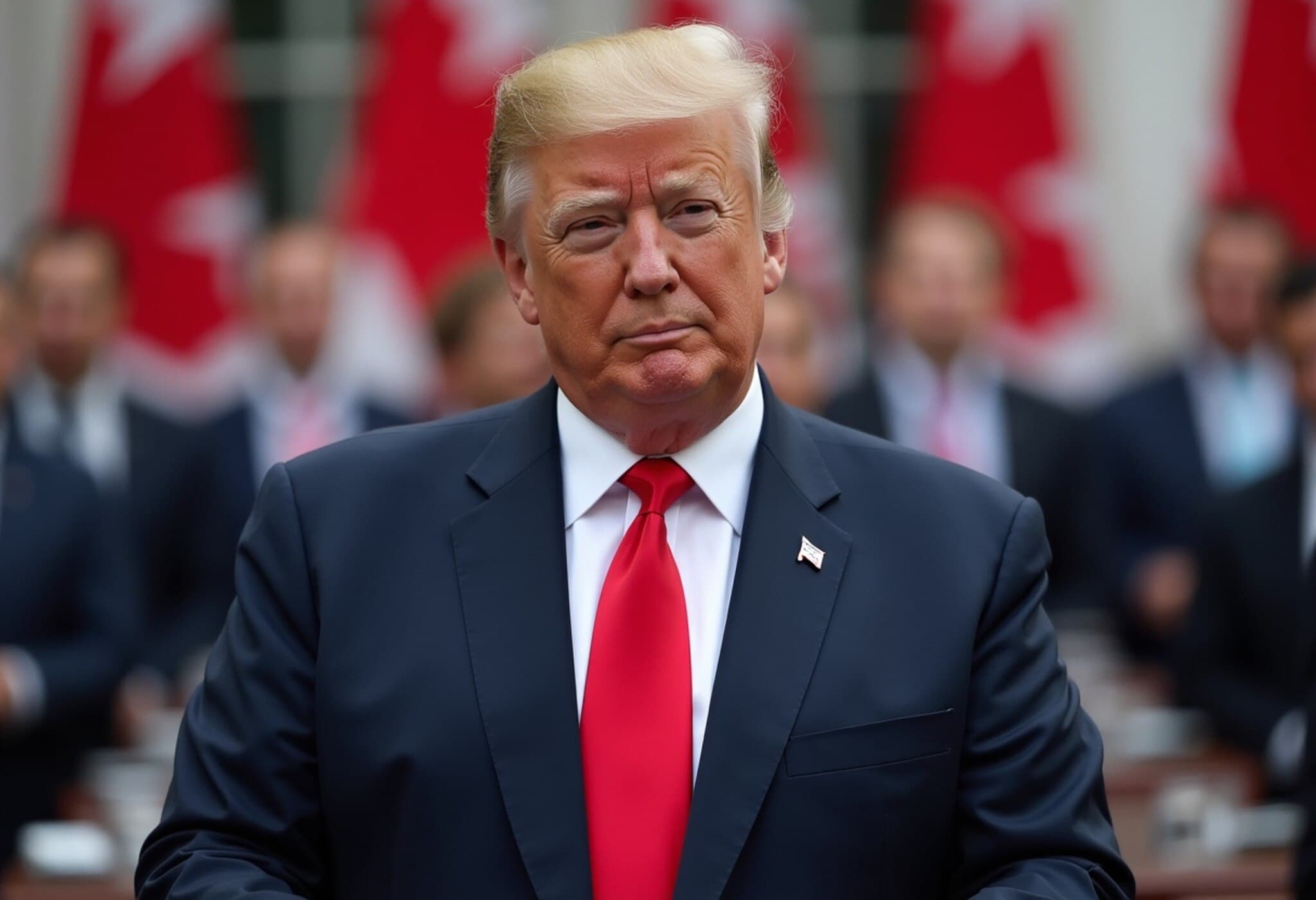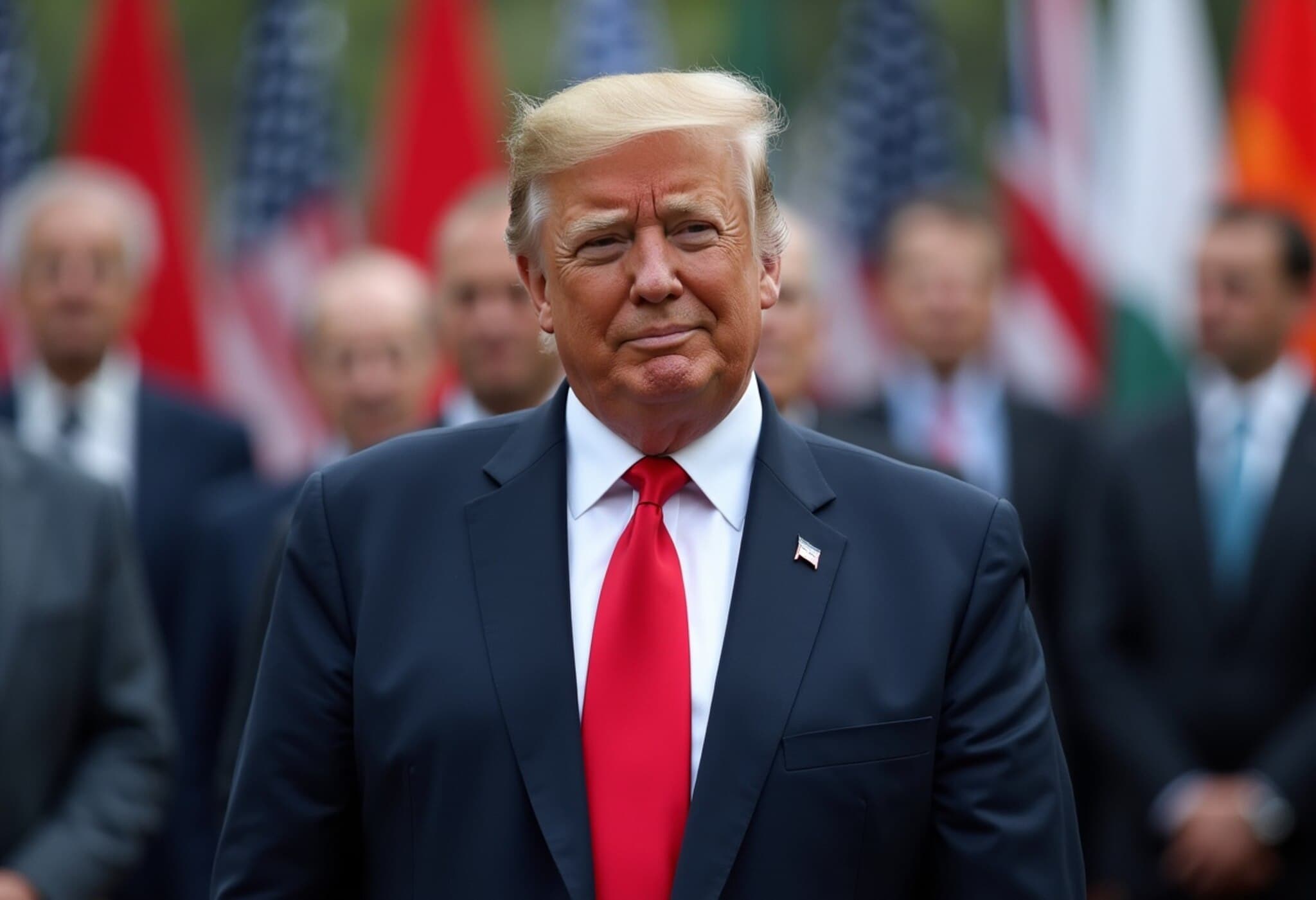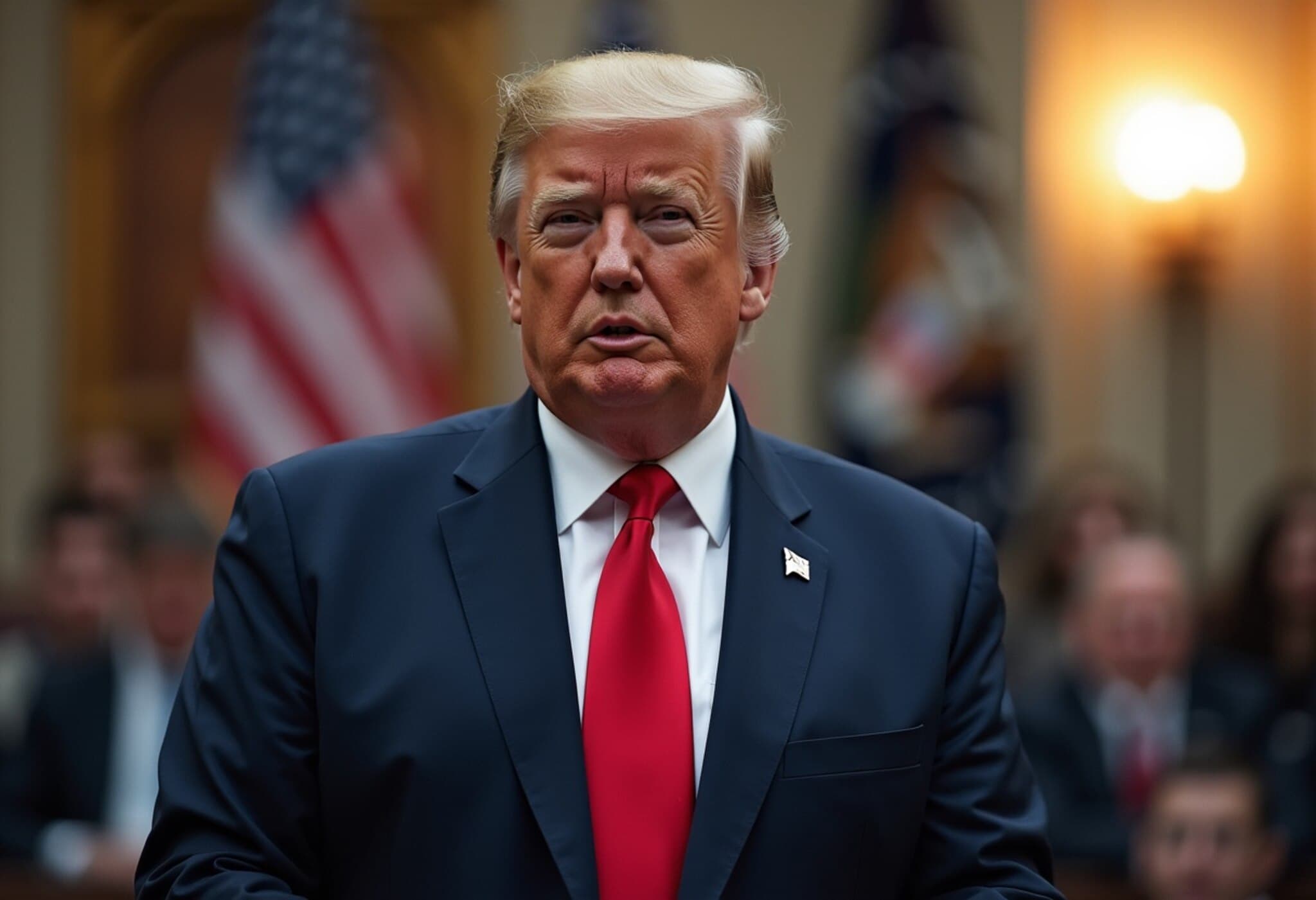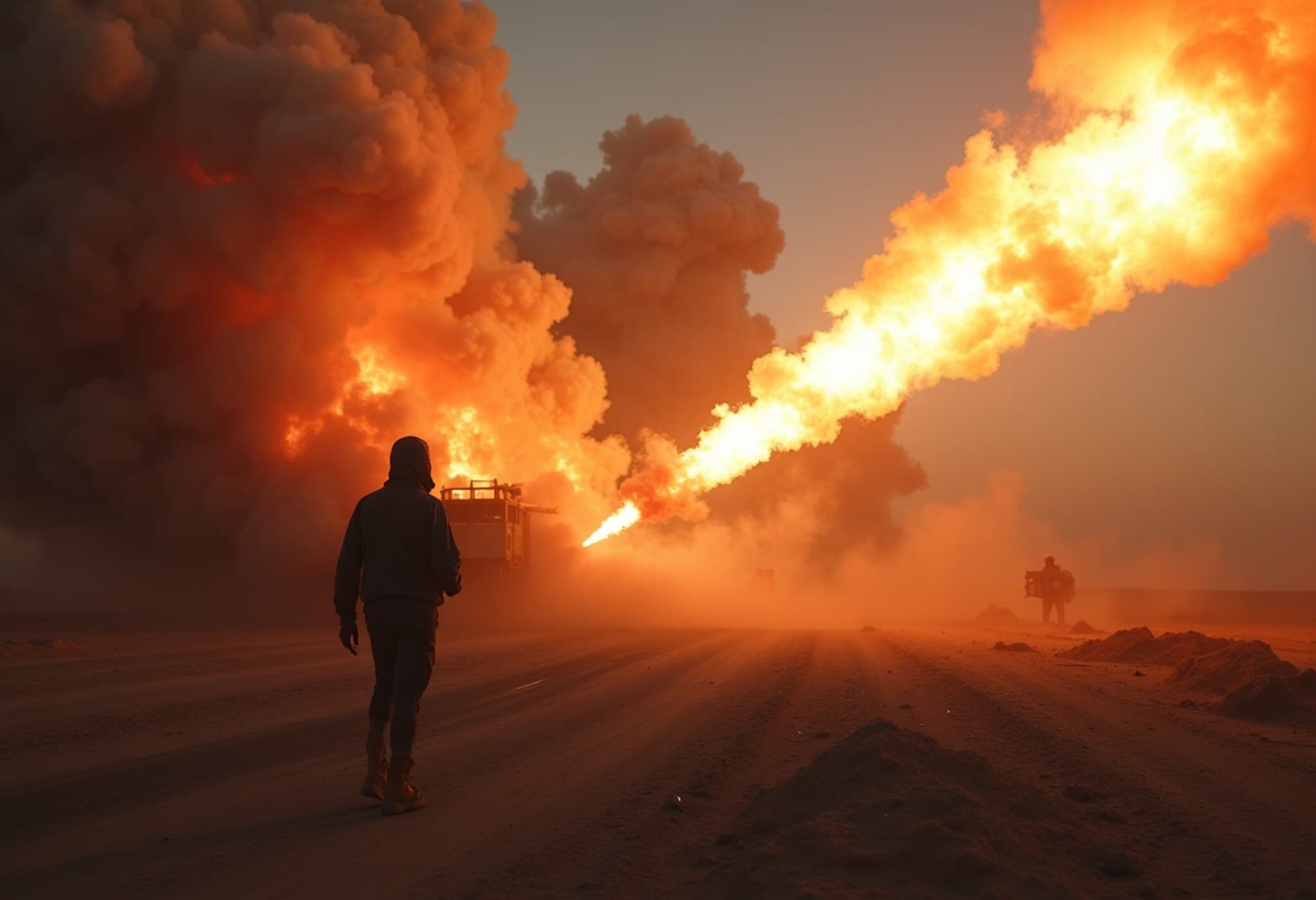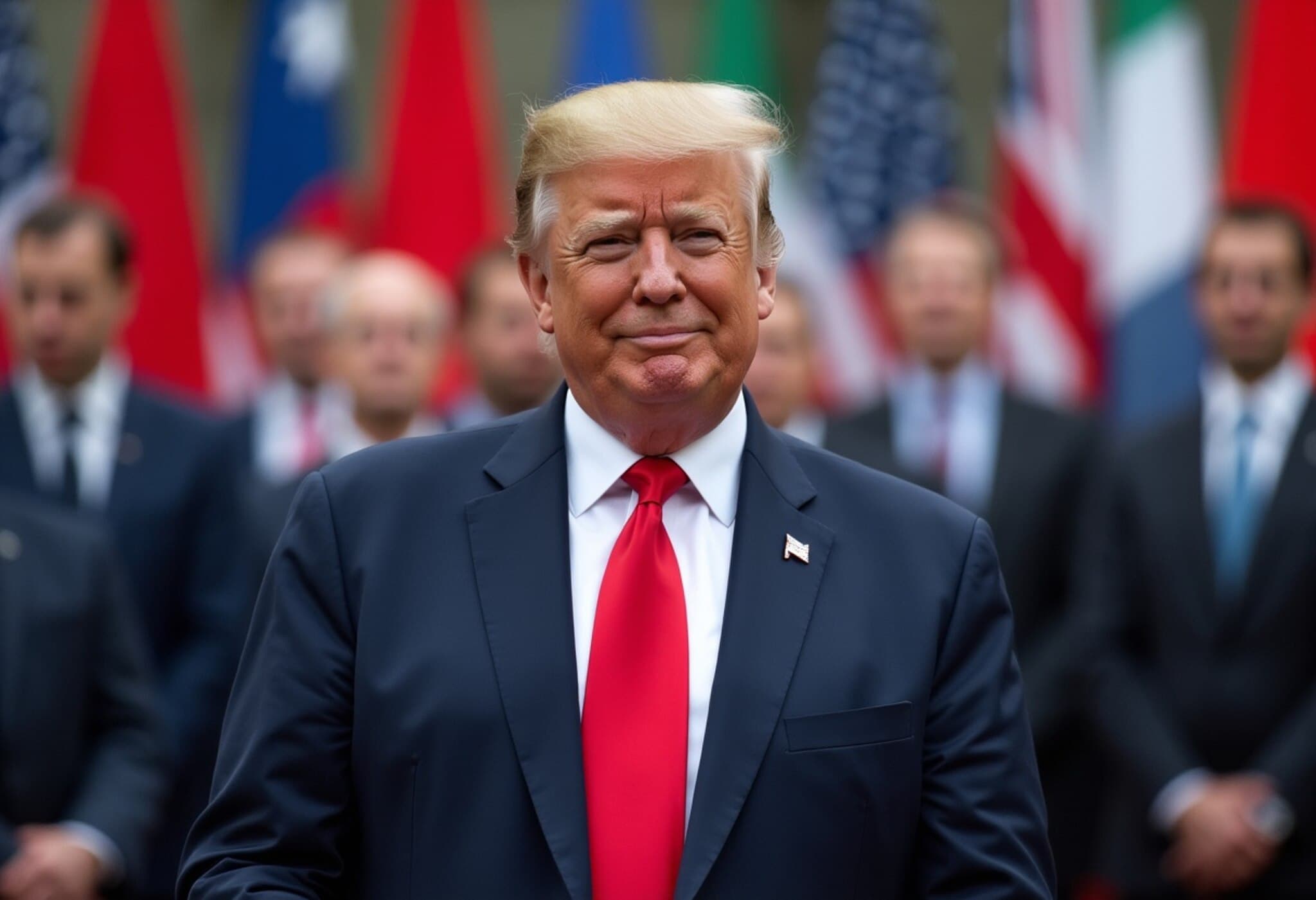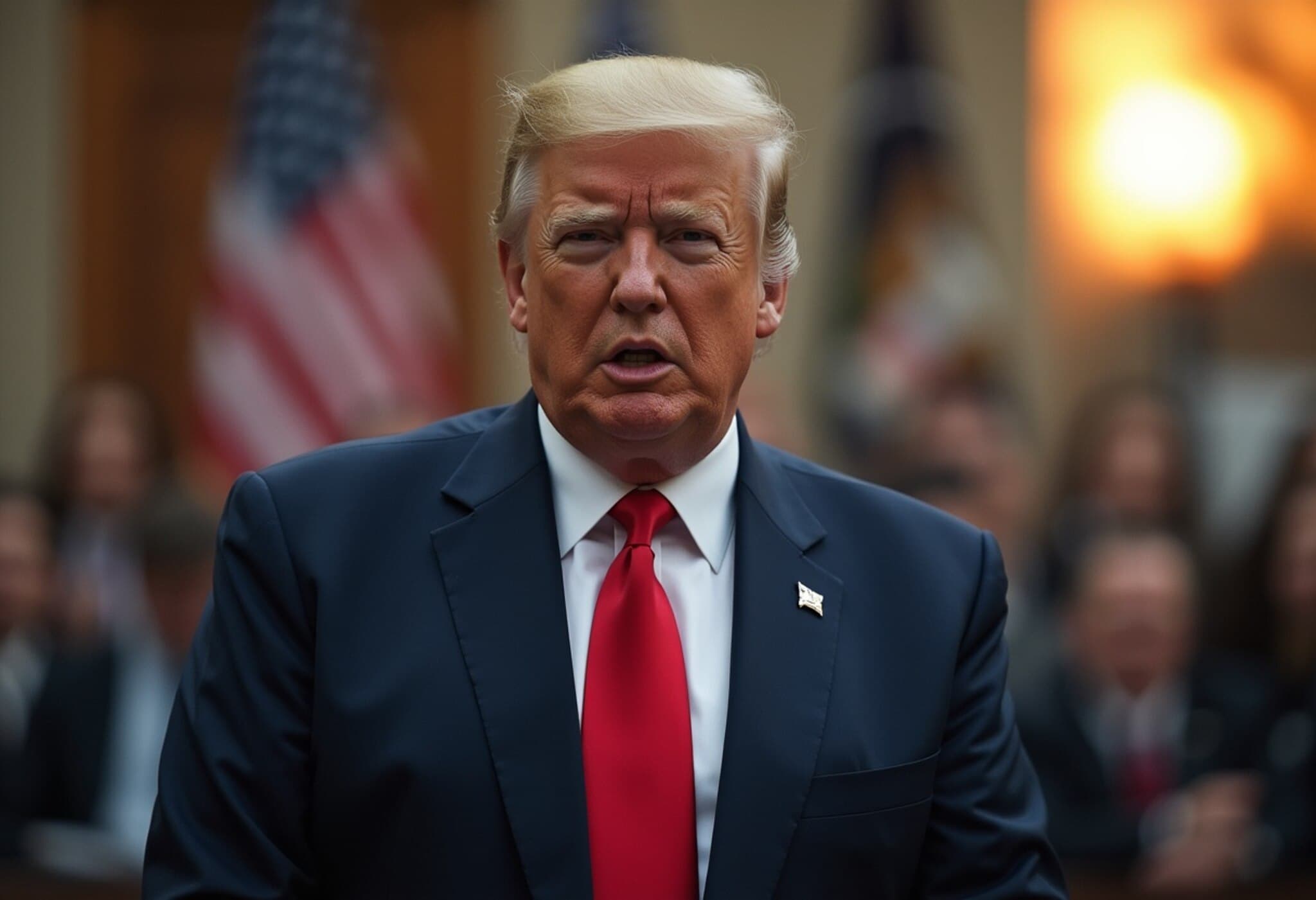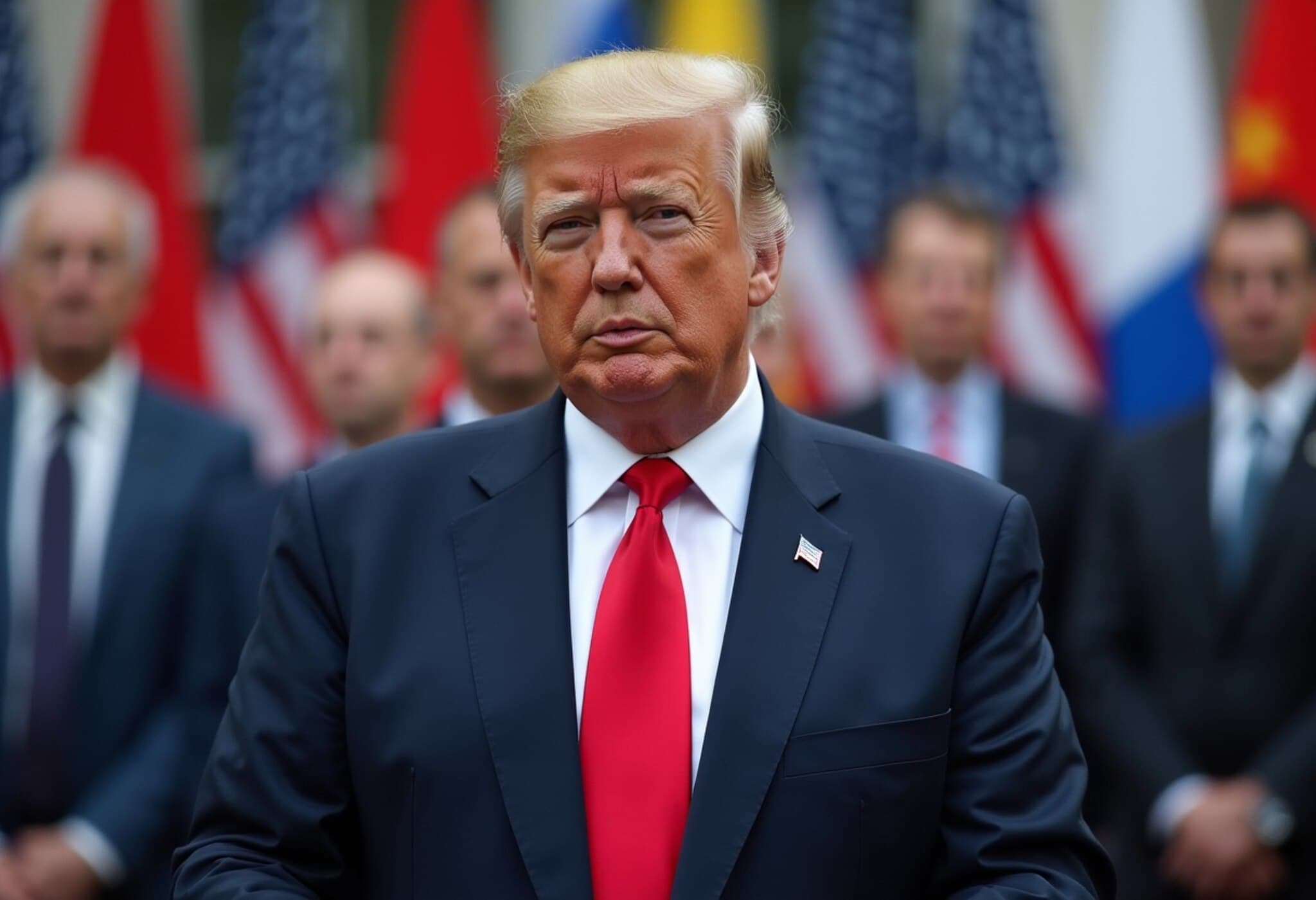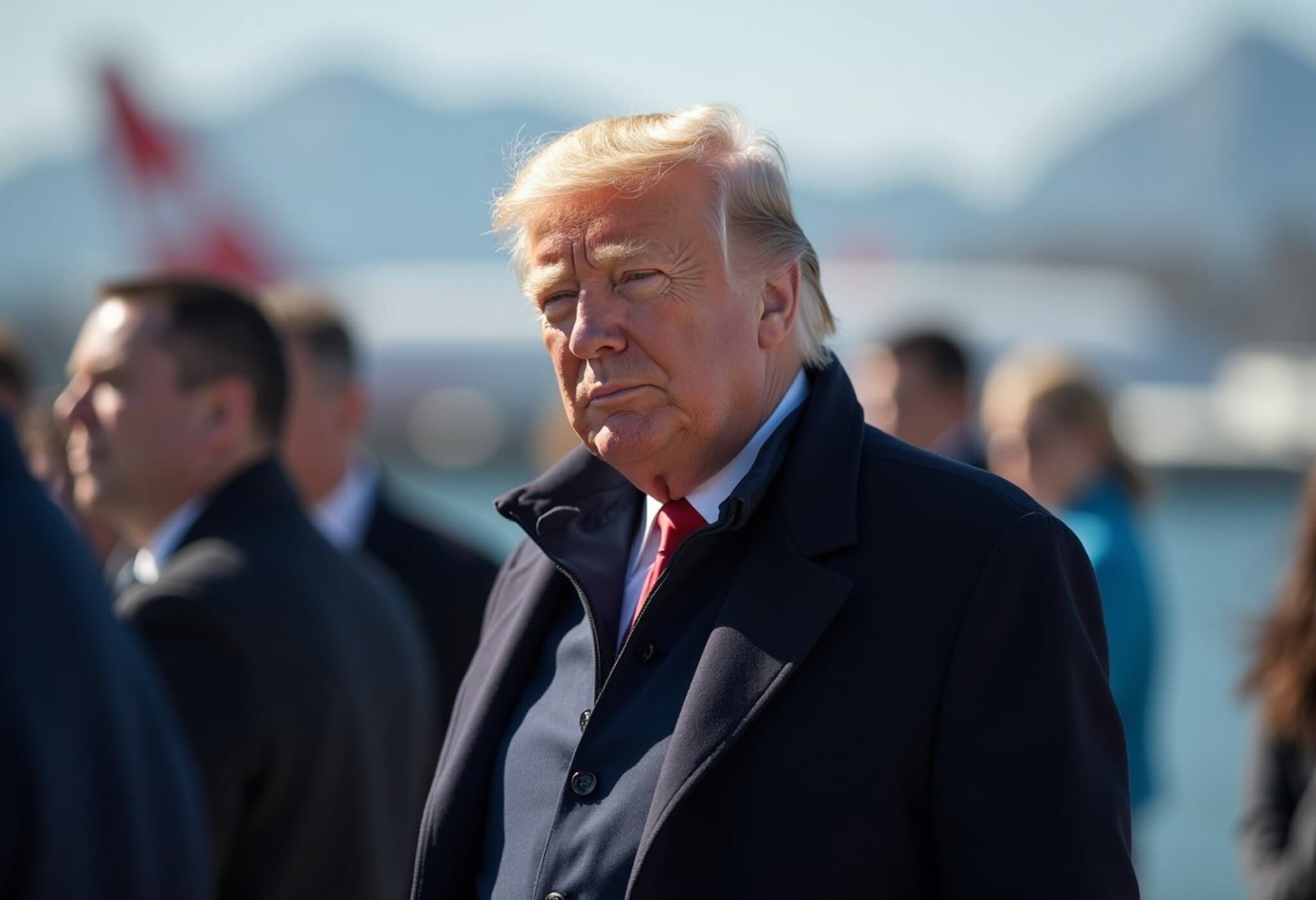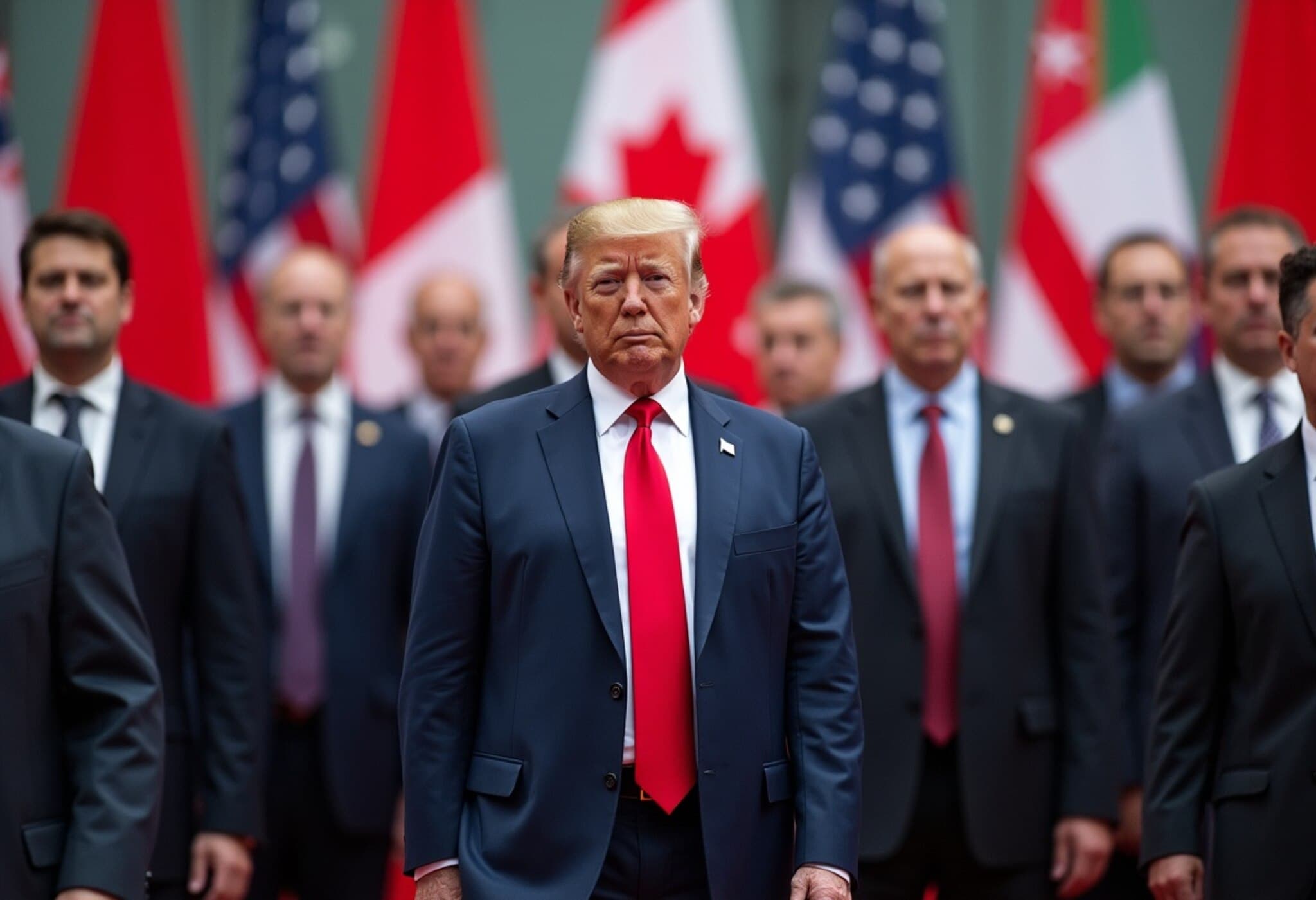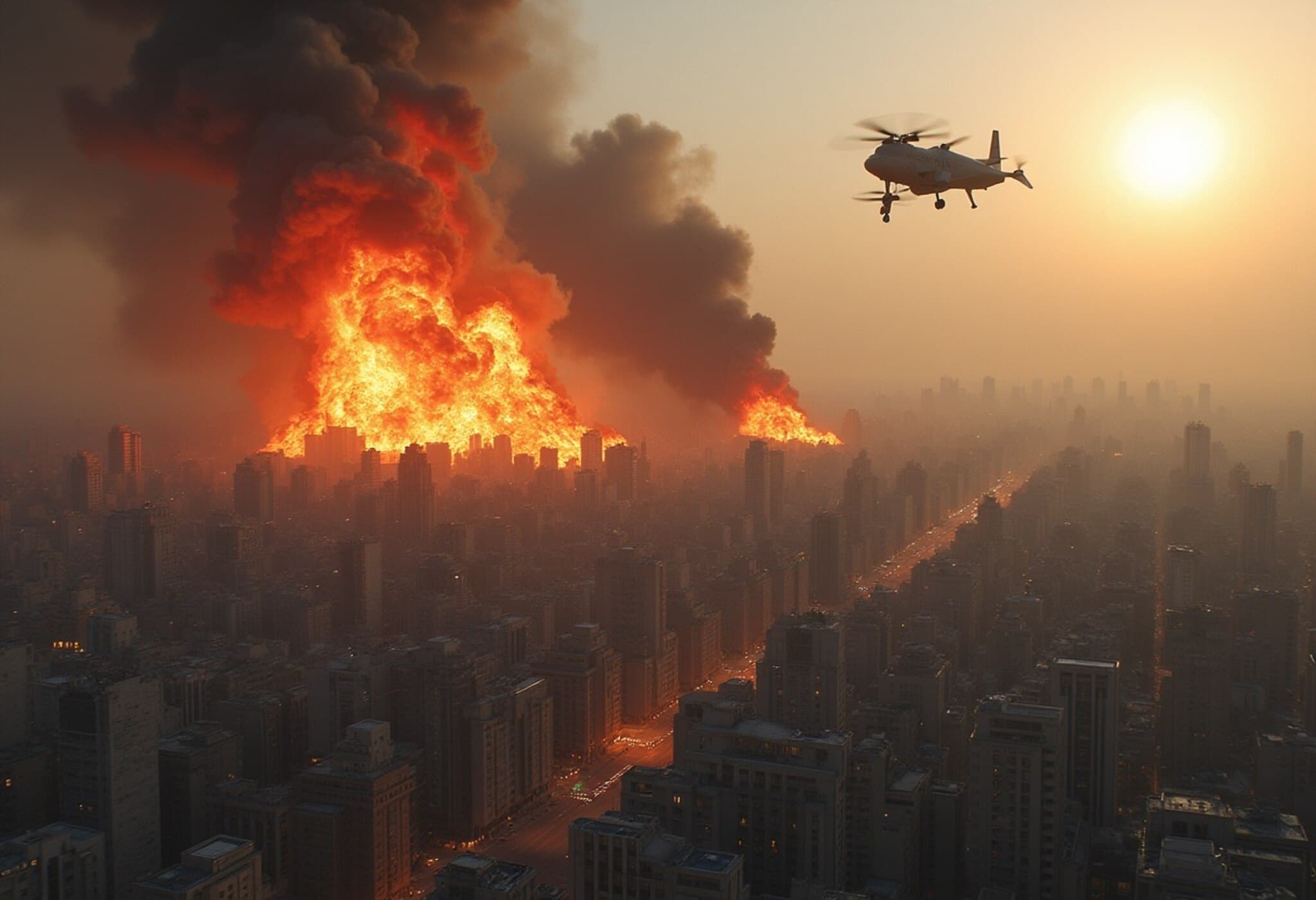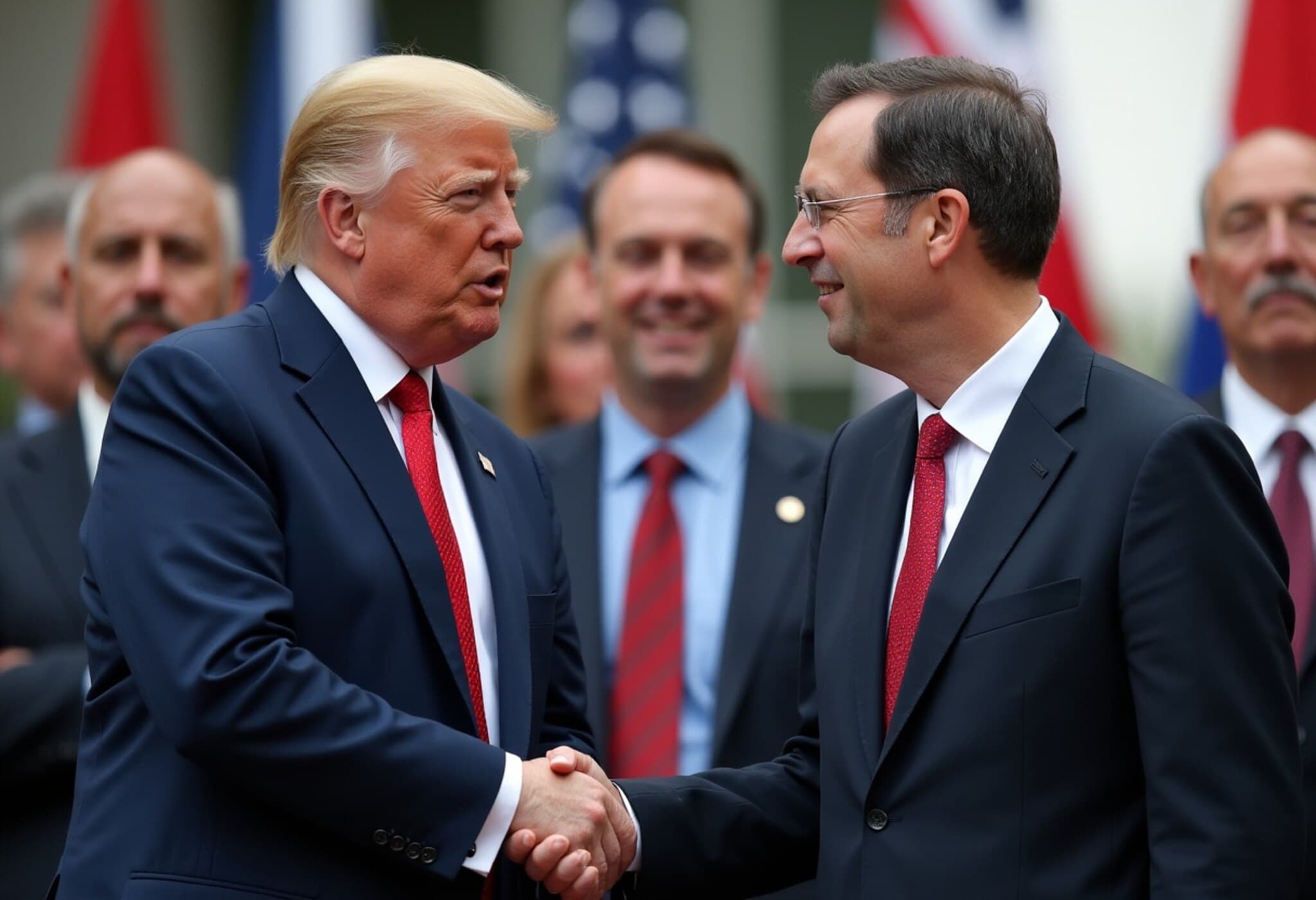Trump Sparks Debate Over Russia’s G8 Removal at G7 Summit
As the Group of Seven (G7) leaders convened in Kananaskis, Canada, to discuss conflicts in Ukraine and the Middle East, former US President Donald Trump ignited controversy by labeling Russia’s expulsion from the former Group of Eight (G8) a mistake. His comments set a challenging tone for the summit which aims to maintain unity among Western powers amid ongoing geopolitical tensions.
G7 Leaders Seek Common Ground on Global Crises
Representatives from the United States, Canada, Britain, France, Germany, Italy, Japan, and the European Union gathered to craft a unified approach to the wars in Ukraine and the escalating conflict between Israel and Iran. However, early remarks by Trump underscored the internal divisions within the bloc.
Trump’s Controversial Viewpoint
Standing alongside Canadian Prime Minister Mark Carney, Trump asserted that removing Russia from the G8 in 2014 following its annexation of Crimea was a significant error. He argued that if Russia had not been ousted, the invasion of Ukraine in 2022 might not have taken place.
"Putin speaks to me. He doesn’t speak to anybody else," Trump said. "He’s not a happy person about it. I can tell you that he basically doesn’t even speak to the people that threw him out, and I agree with him." These candid remarks drew immediate attention and cast doubt over the summit's ability to present a united front.
Implications for Ukraine and G7 Unity
Trump's stance complicated expectations ahead of Ukrainian President Volodymyr Zelenskyy’s upcoming meeting with G7 leaders, where European countries hope to press for tougher sanctions against Moscow. Zelenskyy plans to discuss new weapons acquisitions with the US president, underscoring the urgency of coordinated Western support.
Adding to the complexity, Trump reportedly proposed that Russia could mediate between Israel and Iran, a suggestion quickly rejected by French President Emmanuel Macron, who stressed that Russia had forfeited any mediator role due to its invasion of Ukraine. A European diplomat observed that this proposal highlighted Russia’s continued prominence in US strategic considerations.
Challenges Ahead at the Summit
With tensions rising in the Middle East and ongoing war in Eastern Europe, the summit serves as a critical moment to reaffirm cooperation among the world’s leading democracies. Nevertheless, cracks are evident.
Reports indicate that Trump might withhold support from any joint statement calling for de-escalation between Israel and Iran. Meanwhile, Canadian officials noted that discussions on that conflict will take place in bilateral meetings, leaving the outcomes uncertain.
Draft Documents and Divisions
Organizers have prepared proposals on topics like migration, artificial intelligence, and mineral supply chains. However, the United States has yet to endorse any of these documents, signaling potential hurdles in reaching consensus similar to the 2018 summit, where the US withdrew from the final communique.
European officials voice aligned positions on many issues but acknowledge the challenge in securing agreement without US support. As one diplomat put it, it remains unclear whether any formal declarations will emerge.
Broader Geopolitical Context
The first months of Trump’s current term have already disrupted foreign policy dynamics, raising concerns over US relations with allies and its approach toward Russia. The summit’s agenda includes economic topics, trade deals, and China—adding further layers to the complex dialogue.
The ongoing surge in oil prices, influenced by Israeli actions against Iran, complicates efforts to finalize a G7 price cap on Russian oil. Yet, reports of Iran seeking a truce have helped ease market fears, contributing to a drop in prices.
Unified Goal: De-escalation
Despite divisions, there appears to be a general consensus among G7 members on the need to reduce tensions. British Prime Minister Keir Starmer emphasized the importance of clear strategies to bring about de-escalation.
“There is a consensus for de-escalation. The key is to unite and clarify how to achieve it,” Starmer remarked.
Looking Ahead
The outcome of the G7 summit will be pivotal in shaping the West’s response to some of the world’s most pressing conflicts. With divergent views among its most influential members, particularly on Russia, the summit's ability to forge a cohesive path forward remains uncertain.

